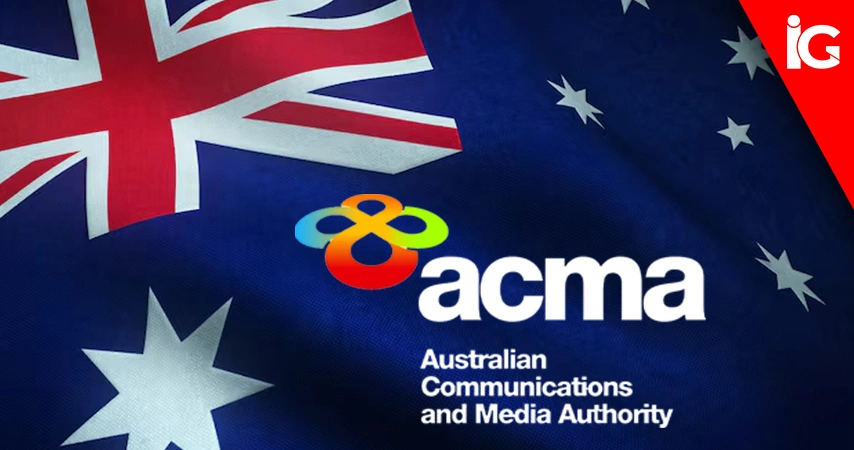Macquarie has issued a new report signaling a shift in the regulatory landscape for US sweepstakes gaming. Analysts note that major states, including California, New York, and New Jersey, have escalated enforcement from cease-and-desist letters to full legislative bans, impacting nearly one-fifth of the US population. This marks a significant challenge for operators who have traditionally relied on the sweepstakes model to engage players while avoiding conventional gambling restrictions.
Operators are responding in multiple ways. Some are forming trade groups and partnerships to advocate for regulation and taxation rather than outright prohibition. Others are choosing to exit affected markets entirely, reflecting the uncertainty and risk associated with continued operations under heightened legal scrutiny. The report also highlights potential strategic pivots, drawing parallels with daily fantasy sports companies that adapted their business models to mitigate regulatory opposition. Litigation strategies, similar to those used by prediction markets, could also emerge as an avenue for some operators.
Despite these pressures, the dual-currency system remains central to sweepstakes gaming, presenting both a challenge and a barrier to reinventing the business model. Macquarie emphasizes that while regulatory pressure is likely to increase, the ultimate trajectory of the sector remains unsettled. Operators and investors will need to monitor legislative developments closely and consider strategic adaptations to navigate a rapidly evolving landscape.
As the US sweepstakes market faces these headwinds, industry participants must balance innovation with compliance, recognizing that regulatory trends may fundamentally reshape the sector. The Macquarie note underscores that the future of sweepstakes gaming will depend on the sector’s ability to adapt business models, form strategic partnerships, and respond to legal challenges effectively.












